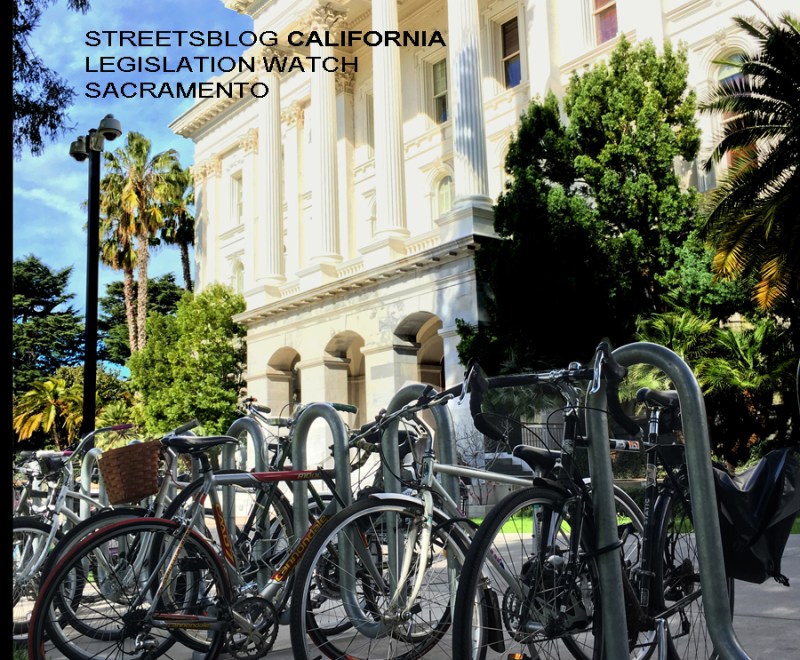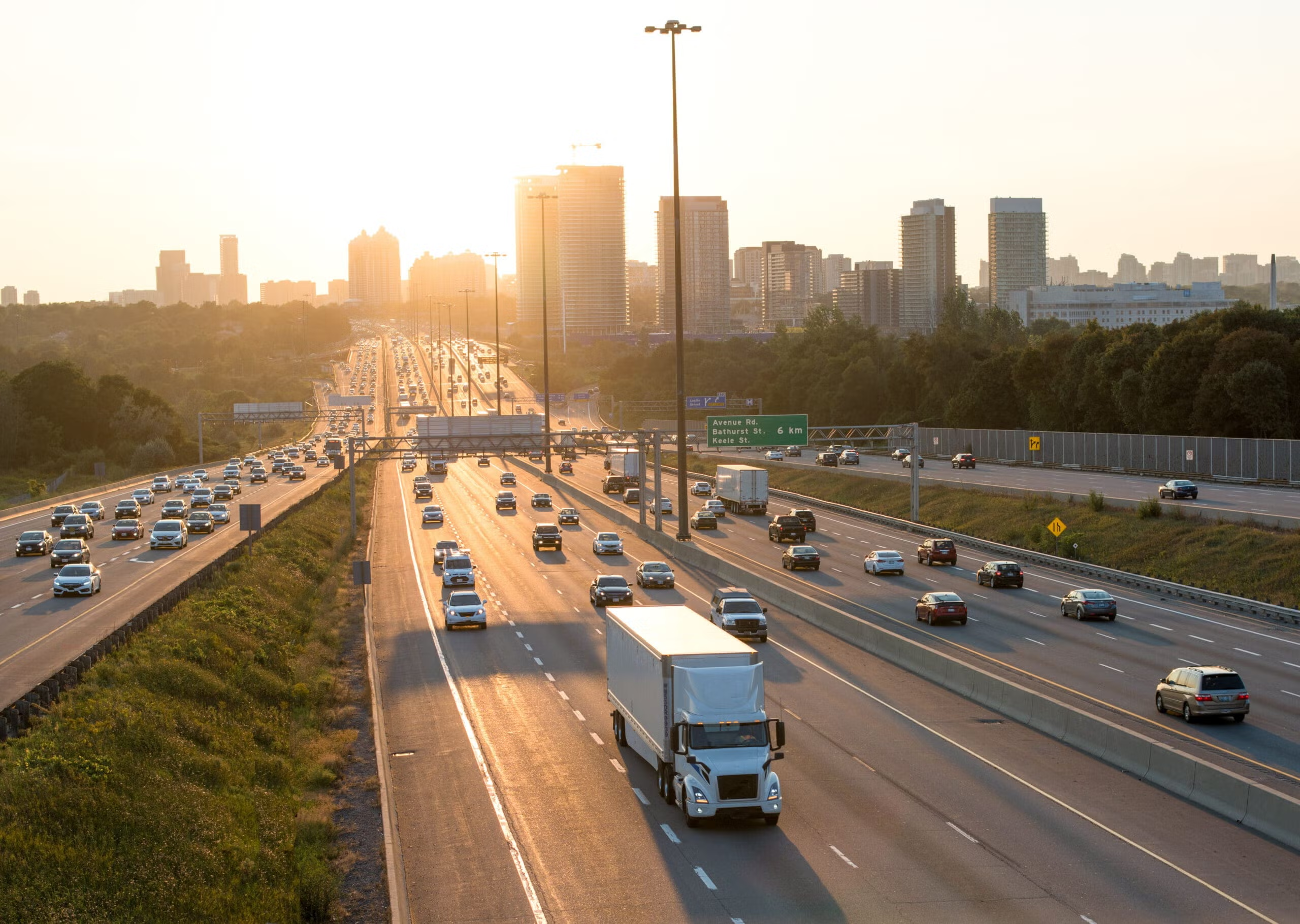There's more work to do to make sure Laura Friedman's speed camera bill, A.B. 645, makes it through the legislature and onto the governor's desk, but it cleared a major hurdle yesterday when it made it past the Assembly Appropriations Committee. Past versions of the bill had been squashed without comment in that committee, so there was reason to worry.
Safety advocates from a range of advocacy groups including Walk San Francisco, Streets Are For Everyone (SAFE), Street Racing Kills, Streets for All, Faith for SAFEr Streets, and SoCal Families for Safe Streets worked hard to draw attention to the threat posed by the Appropriations Committee, which killed several earlier versions of the bill without discussion. A recent article in the L.A. Times also brought attention to the bill.
It is unclear why A.B. 645 was even assigned to the Appropriations Committee, which is supposed to weigh bills with a financial impact on the state. The analysis for A.B. 645 clearly states that it would have "no direct state costs." It calls for a pilot program in six cities that have been eager to sign on. For some reason that made it a "candidate" for the committee's suspense file, even though all costs would be taken on by local governments.
The bill now goes to the Assembly floor to be voted on by all members. If it passes there, the whole process begins again in the Senate. It remains to be seen whether the Senate will also send it though the black box process of its Appropriations Committee.
It is likely to go through at least the Transportation Committee in that house. In the Assembly, the Committee on Privacy and Consumer Protection - which passed the bill 8-1 - posted a detailed analysis [PDF] that revealed where some of the opposition to the bill is coming from and what the arguments are.
The Western States Trucking Association argued that A.B. 645 is excessively overly broad "for a pilot program" and raised concerns about it allowing "an undefined number of speed cameras to enforce any speed law." It also said their is no clear threshold standard for where cameras would be placed, and that the bill's “high number of incidents” is too vague and could mean potentially allowing the cameras on any major street. They also objected to provisions that require that if the cameras do not result in speeding reductions they would have to be removed, writing that those thresholds could be ignored entirely if "certain “traffic calming measures” are implemented." They claim that measures like bike lanes and raised crosswalks "are not true traffic calming measures."
The group also raised concerns about tickets causing "several hardship for those of lesser means," despite the bills' provisions for lower fines and multiple alternative arrangements for the fines.
In other words, there is very little the bill's author could have done to satisfy the WSTA, because it is opposed to speed cameras, full stop.
There are definitely real concerns about disparate impacts of speed cameras, especially if they are not thoughtfully placed. But capturing violations on camera rather than relying on police officers also holds the possibility of removing police bias. They still offer potentially huge safety benefits by reducing dangerous driving, and those benefits should also be available to all communities, not just wealthier areas.
According to the committee's analysis,
National data shows that some of the most dangerous roads in California and in the United States are in communities where the residents are disproportionately people of color. As a result of these dangerous roads, people of color are disproportionally effected by traffic collisions. According to the United States Department of Transportation’s National Roadway Safety Strategy (NRSS), Black, Latine(x) and Native American pedestrians are more likely to be killed in a traffic collision.
Groups that have filed official opposition to the bill are the ACLU, California Action, the Anti Police-Terror Project, Electronic Frontier Foundation, Oakland Privacy, Safer Streets LA, and the Western States Trucking Association.






